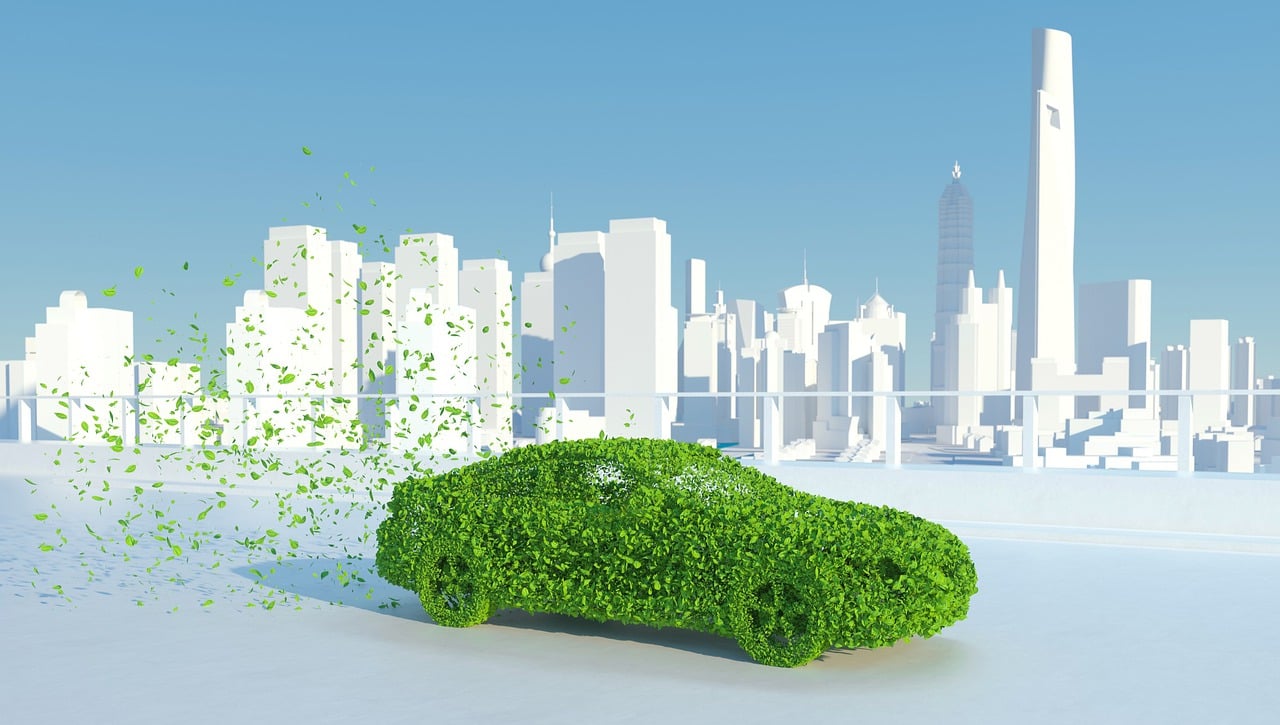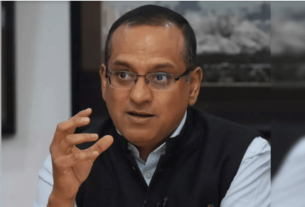On August 30, 2024, the Ministry of Trade, Industry, and Energy (MOTIE) of South Korea announced revisions to the Enforcement Order of the Energy Use Rationalization Act, with the updated regulations set to take effect on September 1, 2024. These revisions modify the surcharge imposition timeline for automakers that fail to meet required fuel efficiency and CO2 emission standards, aligning the regulatory framework with the recent amendments to the Clean Air Conservation Act.
The changes to the surcharge rules reflect South Korea’s ongoing efforts to encourage higher energy efficiency and lower greenhouse gas emissions in the automotive sector, which is crucial for the country’s environmental strategy. The updated rules provide a more flexible timeline for compliance while ensuring that automakers remain accountable for their environmental performance.
Background: South Korea’s Energy and Emissions Standards
South Korea imposes two key sets of standards for automobile manufacturers and importers: the Average Energy Consumption Efficiency Standards and the Greenhouse Gas Emission Permissible Standards. Automakers must choose to comply with one of these standards, both of which aim to improve fuel efficiency and reduce emissions in the transportation sector.
- Average Energy Consumption Efficiency Standards: These standards require that manufacturers meet a specific average fuel efficiency (km/L) for all vehicles sold within a given period. The efficiency is calculated by dividing the total energy consumption of all vehicles by the number of vehicles sold.
- Greenhouse Gas Emission Permissible Standards: These standards limit the average CO2 emissions (in grams per kilometer) of all vehicles sold by a manufacturer or importer. Like the energy consumption standard, the CO2 emissions average is calculated based on total vehicle sales.
Automakers are required to submit performance data to a government monitoring system by the end of March of the following year, allowing authorities to evaluate compliance.
The Surcharge System
If an automaker fails to meet either the Average Energy Consumption Efficiency Standards or the Greenhouse Gas Emission Permissible Standards, a surcharge is imposed. The surcharge is calculated based on the shortfall between actual performance and the required standard, multiplied by a rate specified by the regulations.
Under the previous framework (applicable through August 31, 2024), the process worked as follows:
- The Ministry of Environment would issue a written notice to the non-compliant business in the fiscal year following the trading period.
- The business would then be required to pay the surcharge by September 30 of the same year.
Key Revisions to the Surcharge System
Starting September 1, 2024, several significant changes will be implemented, primarily focusing on the timing for surcharge notifications and payments:
1. Extended Notification Period
Previously, the Ministry of Environment was required to notify businesses within the fiscal year following the trading period for the standards. However, under the revised rules, the Ministry now has two years from the end of the trading period to notify relevant business operators about their non-compliance.
2. Revised Payment Deadline
Once notified, businesses now have 60 days to pay the surcharge, rather than the previous hard deadline of September 30. This extended timeline gives manufacturers and importers more time to address and manage the surcharge payments.
Reasons for the Revisions
The revisions were prompted by changes made to the Clean Air Conservation Act. On July 23, 2024, the Act was amended to adjust the timelines for surcharge imposition and payment for failing to meet the Greenhouse Gas Emission Permissible Standards. To ensure consistency, the Ministry of Trade, Industry, and Energy revised the rules for the Average Energy Consumption Efficiency Standards as well, aligning both regulatory frameworks.
The Ministry’s intention is to provide greater flexibility to business operators while maintaining rigorous environmental standards. The changes aim to balance enforcement with practical considerations, allowing businesses more time to adjust to regulatory requirements.
Impact on Automakers and Industry
These revisions reflect South Korea’s commitment to environmental sustainability, particularly in terms of reducing greenhouse gas emissions and improving fuel efficiency in the automotive sector. The extended timelines for surcharge notification and payment may be seen as a way to ease the burden on businesses while still ensuring compliance with the country’s green goals.
However, these revisions could also increase pressure on automakers who fail to meet the standards. The revised rules provide more time for compliance, but businesses that struggle to meet the standards may face significant surcharges once they are notified. Companies that prioritize environmental sustainability may benefit from the longer notification period, allowing them to plan more effectively for regulatory compliance.
The revisions also underscore the global shift toward stricter environmental policies. South Korea’s changes align with a broader trend of tightening regulations around fuel efficiency and emissions in the automotive sector, impacting manufacturers not only in South Korea but also across the world.
Conclusion
The recent revisions to South Korea’s surcharge system represent a significant update in the country’s approach to regulating automotive energy consumption and emissions. By extending the timeline for surcharge notifications and payments, the government is offering automakers more flexibility while reinforcing the need for compliance with the country’s environmental standards.
As automakers face increasing pressure to meet higher environmental standards, these revisions provide a clear framework for compliance, balancing enforcement with the practical realities of business operations. The changes ensure that South Korea remains committed to its sustainability goals while giving manufacturers the tools to meet those targets.
For more in-depth information on these regulatory updates, see AOKI Kenji’s comprehensive article on the subject published by EnviX Ltd. here.
References
- South Korea’s Ministry of Trade, Industry and Energy. (2024). Revised Enforcement Order of the Energy Use Rationalization Act.
- Environmental Protection Agency (EPA). (2023). Global Overview of Fuel Efficiency Standards and Emissions Regulations.
- Korean Automobile Manufacturers Association (KAMA). (2024). Annual Report on South Korea’s Automotive Industry and Environmental Standards.
- AOKI Kenji. (2024). South Korea Revises Rules on Surcharge for Automakers’ Failure to Meet Fuel Efficiency or CO2 Emission Standards. EnviX Ltd. Link to article.


